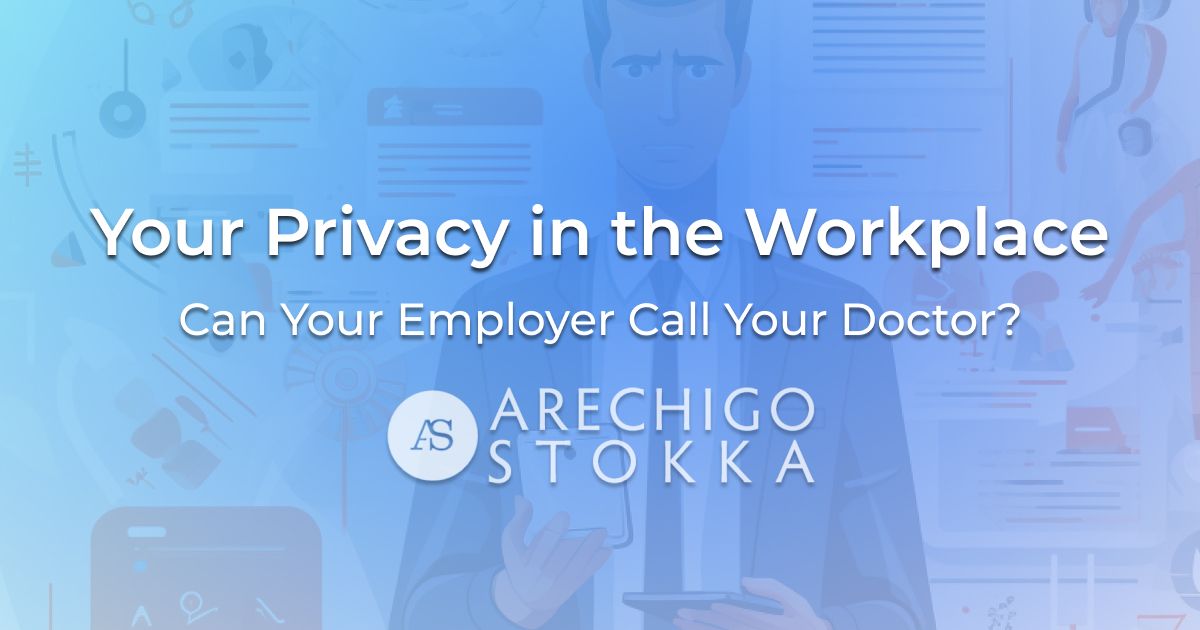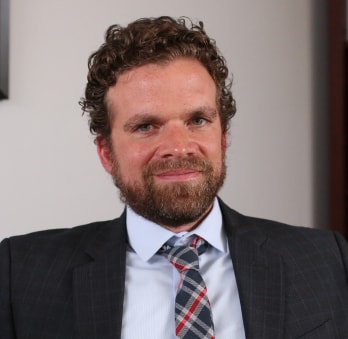
Suffering from any sort of injury can put a serious damper on your life. Injuries can bring medical bills, psychological trauma, missed wages, and a number of other unsavory things with them.
Workplace injuries are no exception.
Luckily, in most situations, if you injure yourself at work, your employer is liable to cover any damages you suffer.
Employers in the United States have a special type of insurance called workers’ compensation (often referred to as “workers’ comp”) that covers workplace injuries specifically.
In fact, workers’ comp insurance is compulsory in the US. Sometimes, employers are not as forthcoming in some workers’ compensation claim processes as they are in others.
After all, the more injuries that their workers’ comp insurance has to cover, the greater their insurance premiums become. As a result, if you suffer an injury at work that is not a visible emergency, your employer may not believe you.
Even with a doctor’s note, employers sometimes don’t believe that you have an injury or think you are exaggerating your injury.
This often happens when you discover your injury outside of work. In this situation, how do you proceed?
Generally, your medical records are private, but your employer has to verify the injury somehow. Can your employer call your doctor? Can any employer call a doctor to verify a note?
Read on for guidance on workers’ compensation, privacy, and your employer from the award-winning workers’ compensation team at Arechigo & Stokka.
If you have questions, please contact us today.
How Does HIPAA Apply to Workers’ Compensation?
As noted, for the most part, our medical records are private.
They are covered by the Health Insurance Portability and Accountability Act of 1996 (HIPAA). The HIPAA contains privacy rules that apply to certain types of individuals and legal entities.
Those entities, which include medical care providers and insurers, possess confidential medical records.
The aforementioned entities are only allowed to disclose medical records, without your authorization, to certain parties in specific circumstances.
One of the circumstances explicitly mentioned on the CDC website is workers’ compensation.
Can My Employer Call My Doctor Directly?
Employers are restricted by FMLA and HIPAA laws from accessing your medical records directly. However, they can request certification for a medical condition and verify specific details with your doctor.
The situations where a workers’ compensation insurer, state administrator, employer, or other entity involved in workers’ compensation systems can contact your doctor without authorization are as follows:
- As authorized by and to the extent necessary to comply with laws relating to workers’ compensation;
- If such a disclosure is required by any other state or federal law;
- To obtain payment for any health care provided to the injured or ill worker.
As you can see, these situations may very well apply to your employer and their insurer when they need to verify an injury for purposes of workers’ compensation.
So yes, your employer or their insurer can sometimes directly contact your doctor without your authorization.
You can always directly authorize your employer to contact your doctor.
If that is what you choose to do, you will need to give your doctor the name of the person you are authorizing to contact them.
Can My Employer Call My Doctor and Access the Entirety of My Medical Records?
No. The information that an entity covered by the HIPAA privacy rules can disclose in the aforementioned situations is limited.
The HIPAA requires that covered entities only disclose the minimum medical information necessary to accomplish workers’ compensation purposes.
This includes the minimum amount of information necessary for payment purposes.
Thus, your employer should have access to very specific, minimal information contained in your medical record.
A HIPAA violation would occur if your employer were to access the entirety of your medical records.
If you believe your employer has been given access to your medical records, get in touch with our workers’ compensation lawyer today.
Does My Employer Have to Follow My Doctor’s Orders?
Yes, your employer absolutely has to follow your doctor’s orders. It is critical that your employer do so.
Not only can your employer face fines otherwise, but your injury may worsen and they may end up with a lawsuit on their hands.
After your initial treatment, your doctor will put together a recovery plan for your injury. The recovery plan will include what sort of work, if any, you are authorized to do while recovering.
If your employer can accommodate you at a different position in the workplace, they should do so.
If your injury worsens or you become unable to do the new job you were given, it is critical that you contact your doctor as soon as possible to update your work authorization and recovery plan.
For Help With Your Minnesota Workers’ Compensation Claim
For help with any aspect of your Minnesota workers’ compensation claim, go with Arechigo & Stokka—the small firm that gets big results. There is no room for error in your claim, so there is no substitute for experience.
Our workers’ compensation attorney has decades of experience helping injured individuals recover as quickly as possible and maximize their workers’ compensation benefits in the process.
If you suffered an injury at work, don’t wait to get legal help. Contact the team at Arechigo & Stokka for a free consultation regarding your workers’ compensation claim today.



